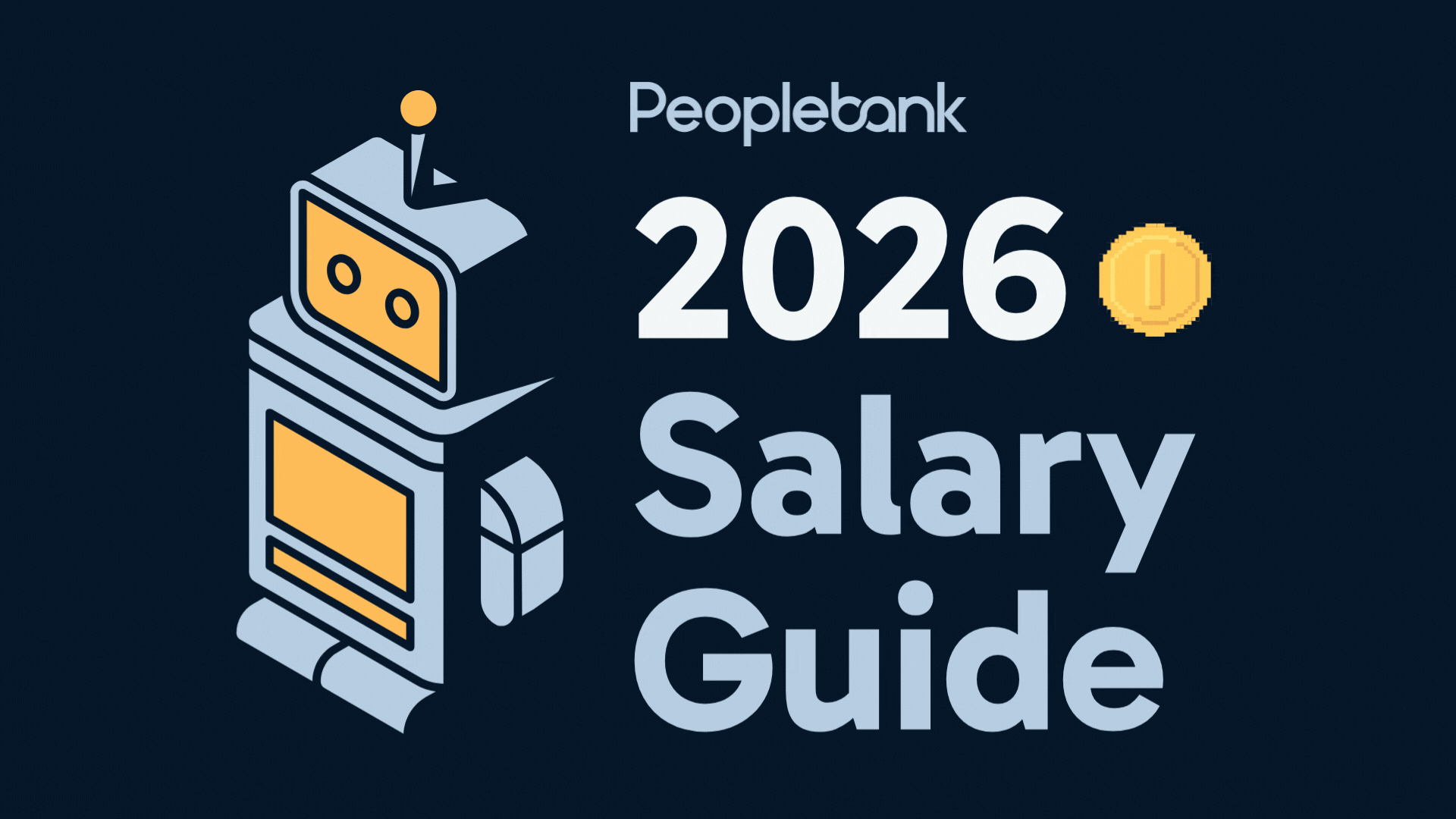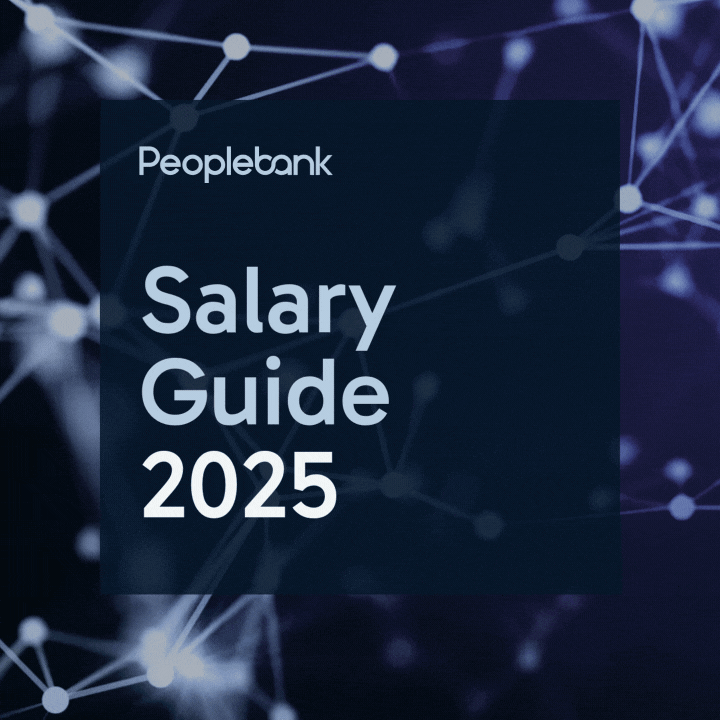The benefits of hiring completely remotely
The changes in the business landscape over the past few years have created an overwhelmingly popular demand for remote working options. Advances in technology and access to a plethora of digital tools allow people to now work remotely without access limitations, meaning businesses are now free to find the perfect employee without location and geographic constraints.
Let’s look at some of the benefits to businesses that choose to hire remotely. Keeping in mind these benefits are primarily focused on a completely remote workplace, these benefits can also be scaled to include offering remote interviews for candidates, a hybrid work environment with some face-to-face office time required and the remainder spent at home, or a work from anywhere policy that allows for team members to work from any location, in any time zone.
Access to a more diverse talent pool
One of the major advantages of hiring remotely is the ability for organisations to access a wider talent pool unbound by geographical constraints. This allows businesses to access people a greater number of diverse skills, experiences and perspectives that may not be available in the local market. This Is particularly beneficial when a business is hiring for roles with quite specific knowledge and skillsets, in a short period of time.
Hiring remotely also reduces barriers to candidates with disabilities. Traditional office and workspace environments can contribute to accessibility challenges and physical demands that make finding employment difficult for people living with some disabilities. Remote work allows these candidates to customise their working environment to their needs creating a more inclusive environment for employees.
The environmentally friendly option
Having a remote working team has a positive impact on the environment. While the lockdowns that occurred during the Covid-19 pandemic were problematic in many ways, they did provide incredible insight into the true costs that the daily commute can create for the environment. In 2020, Australia for example, saw a reduction in greenhouse gas emissions to a point lower than they have been in 30 years. While there were many contributing factors to this, the reduction in transportation requirements and commuting vehicles was a key player in the reduced emissions.
Remote working not only impacted the environment positively by reducing traffic congestion with commuting, but the reduced need for office space also means less consumption of energy for lighting, heating, and cooling, as well as reducing waste production. For any business concerned about their environmental impact, remote working should be a valuable consideration.
Reduction to overhead costs
From a financial standpoint, one of the biggest perks for a business is the reduction in overhead costs and the positive impact that it has on the bottom line. By offering employees the opportunity to work remotely, business can save money in a range of ways including reduced office space, lowering costs in rent, utilities, cleaning services, and other incidentals that come with having a full-time, face-to-face staff.
Happier, more productive staff
Many businesses are under the impression that remote workers are far less productive than their in-office counterparts, however remote workers often report increased happiness and productivity for a variety of reasons.
Remote workers can customise their working environment to suit their needs and personal tastes to develop a work environment that suits their work style and enhances their productivity. Remote workers also report greater job satisfaction and motivation due to the trust and autonomy they are shown by their employer and the flexibility and freedom to better manage their work-life balance.
Remote hiring is an effective and efficient way to manage the growth of a business and even to reevaluate business operations. Businesses can embrace their commitment to sustainability and the environment by reducing their impact on the environments, while increasing their bottom line, and creating a culture of trust autonomy and flexibility for their employees which can also contribute to longevity and retention of employees.
If a business isn’t ready for a completely remote workplace, or even for a hybrid workplace, they can still benefit from taking some of their practices to a more remote operation, for example simply recruiting and interviewing remotely rather than face-to-face. At Peoplebank, we are proud to offer our team the option of embracing a hybrid workplace. Not only as a commitment to our team, but also as part of our commitment to diversity, and sustainable business practices.
If you’re interested in taking your recruitment remote, talk to our team about how we can help your business. If you’re interested in reevaluating how your business operates, by assessing, managing, and developing your talent efficiently, talk to our sister brand, Chandler Macleod, for information on their consultant services. As part of RGF Staffing APEJ, Peoplebank are proud to be able to connect their clients to a larger scope of opportunities for their human resources and staffing needs.






















